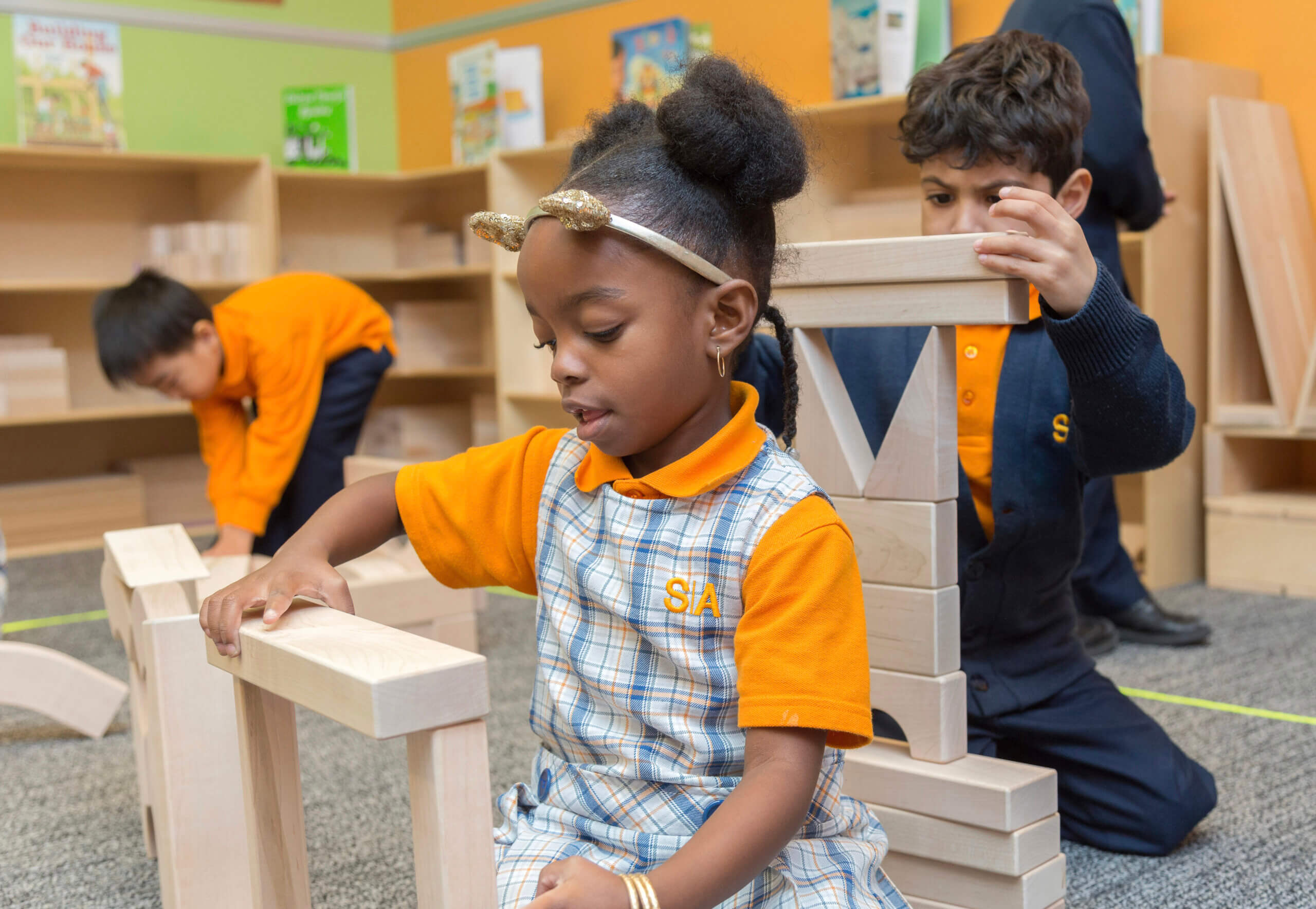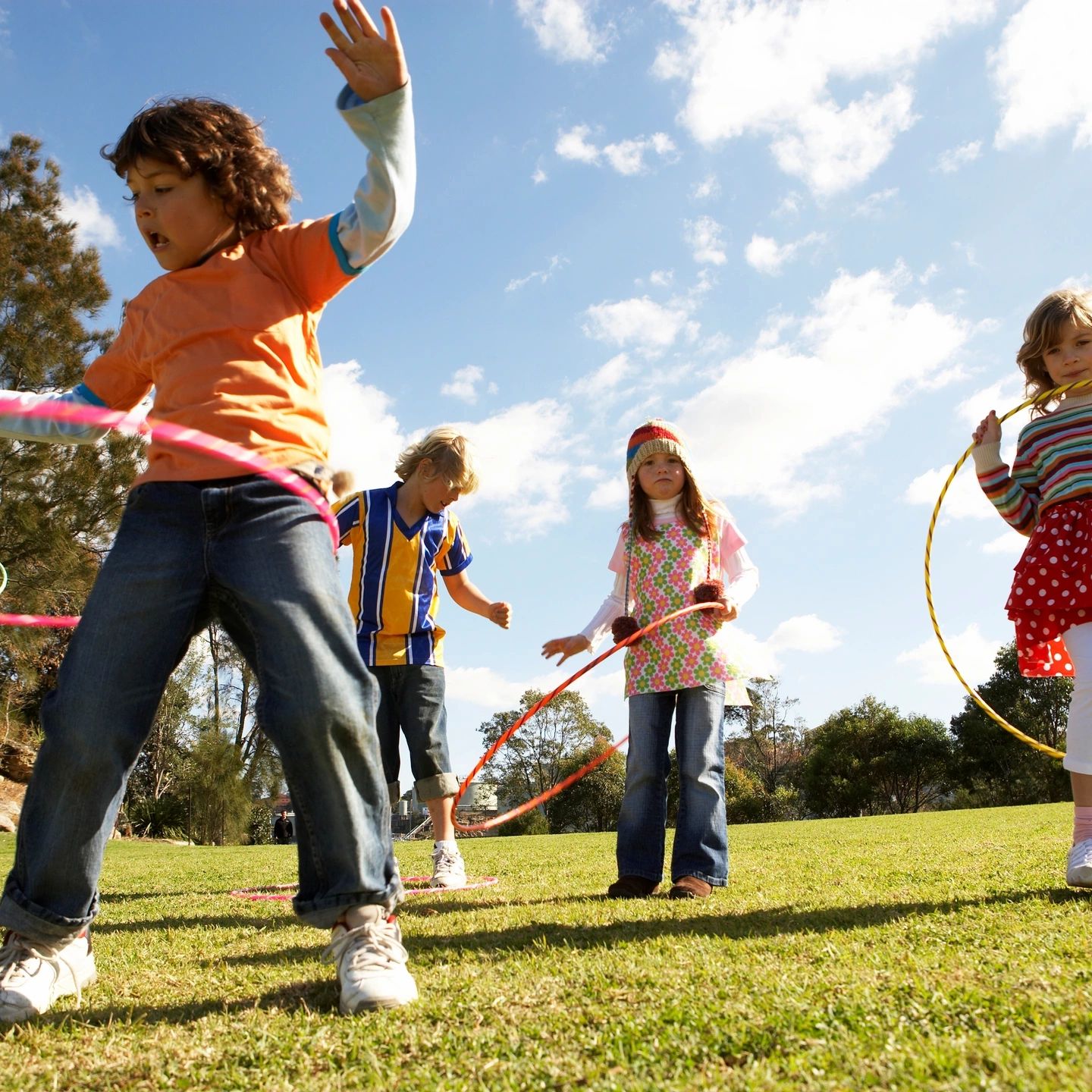How Kindergarten activities nurture early learning and social skills
Wiki Article
Grade College: A Comprehensive Guide to Programs That Foster Learning and Development
Grade institution plays an important function in forming a youngster's future. It integrates essential knowing with social-emotional development. Different programs and strategies are utilized to provide to varied requirements. The integration of technology and after-school activities boosts the educational experience. Comprehending these components is important for promoting growth. What certain techniques can institutions implement to ensure every kid thrives in this fundamental phase?Recognizing the Value of Early Education And Learning
While several acknowledge the significance of education and learning at any phase, recognizing the value of early education is essential for establishing a strong structure for lifelong learning. Research shows that very early childhood experiences exceptionally affect social and cognitive advancement. During these developmental years, children are specifically responsive to learning, making it important to give stimulating and nurturing environments. Quality very early education programs foster important skills such as communication, problem-solving, and emotional regulation.Early education can connect gaps in socio-economic differences, guaranteeing all youngsters have access to the sources required for success. By stressing play-based discovering and interactive tasks, early education grows curiosity and a love for knowing. In addition, it sustains the advancement of vital assuming skills that are crucial in later academic searches. Ultimately, purchasing very early education and learning returns substantial lasting benefits, forming people that are much better furnished for the obstacles of a significantly intricate world.
Standard Curricula: A Tried And True Method
Conventional educational programs have long focused on core subjects, supplying students with crucial understanding in areas such as science, mathematics, and language arts. This organized knowing setting promotes discipline and consistency, making it possible for pupils to concentrate on foundational skills. In addition, teacher-led guideline plays a crucial duty in leading trainees with the educational program, making sure that learning objectives are satisfied properly.
Core Topics Emphasis
Although many instructional approaches have actually arised over the years, the emphasis on core subjects within typical educational program stays a foundation of grade college education. These core subjects generally include maths, reading, composing, scientific research, and social research studies, forming the foundational understanding crucial for student growth. By concentrating on these disciplines, conventional curricula purpose to furnish students with crucial assuming skills and a versatile understanding of the globe. This organized strategy cultivates essential literacy and numeracy skills, making it possible for trainees to involve meaningfully with more complicated principles later in their education and learning. The mastery of core topics is often watched as a vital sign of scholastic success, more strengthening their significance in grade college learning environments, and making certain a consistent educational standard across varied populations.Structured Knowing Environment
An organized understanding setting is crucial for cultivating scholastic growth in grade college setups, as it supplies a consistent structure within which trainees can flourish. Traditional educational programs commonly emphasize clear assumptions, schedules, and regimens, permitting pupils to develop a complacency and concentrate on their discovering. This predictability aids lessen interruptions and promotes discipline, making it possible for students to involve better with academic content. Furthermore, an organized setting assists in the steady intro of intricate ideas, guaranteeing that foundational abilities are understood before progressing. Such a technique not only sustains cognitive growth but likewise nurtures social abilities, as students find out to navigate their duties within a specified system. Inevitably, an organized understanding setting prepares for lifelong knowing behaviors.Teacher-Led Direction
Teacher-led direction stays a cornerstone of traditional curricula, giving a direct and reliable ways of supplying instructional material. This technique stresses the instructor's duty as an authority number and facilitator of understanding, guiding pupils with structured lessons and assessments. With an emphasis on straight direction, instructors can clarify intricate ideas, making sure that trainees understand foundational skills essential for future discovering. This strategy frequently consists of making use of books, talks, and explicit training methods, which have actually been shown to produce measurable scholastic outcomes. Furthermore, teacher-led guideline fosters a self-displined learning atmosphere, permitting regular monitoring of trainee progress. Regardless of the appearance of different instructional methods, the efficiency of teacher-led direction continues to be validated by its long-standing visibility in academic setups.
Cutting-edge Technology-Driven Knowing Programs
Numerous quality schools are welcoming ingenious technology-driven discovering programs to improve educational results and involve pupils in significant methods. These programs take advantage of tools such as interactive software program, virtual truth, and flexible learning platforms, allowing tailored discovering experiences customized to private trainee needs. By incorporating innovation into the educational program, educators can cultivate cooperation and vital thinking skills among pupils.For example, coding and robotics courses encourage analytical and creativity, while on the internet sources offer access to a large range of info. In addition, gamified discovering applications make intricate topics more approachable, motivating trainees to get involved actively in their education.
Teachers also take advantage of technology-driven programs with data analytics, which permit real-time analyses of student efficiency. This enables them to change their teaching methods quickly. On the whole, these ingenious programs are transforming standard instructional techniques, preparing trainees for a future where digital proficiency is important.
Extracurricular Tasks for Holistic Growth
Incorporating innovation into the instructional landscape has opened up new avenues for trainee involvement, however all natural growth prolongs past the class. After-school activities play an important function in cultivating well-shaped growth amongst elementary school pupils. These tasks, ranging from arts and sports to clubs and offering, provide chances for kids to explore their rate of interests and create vital life skills.

Participation in sports motivates team effort, technique, and physical conditioning, while artistic pursuits promote creativity and Private School self-expression. Academic clubs advertise critical reasoning and partnership, allowing students to use class knowledge in real-world contexts. Volunteering instills a sense of community and social obligation, improving trainees' understanding of varied perspectives.
Social-Emotional Learning: Building Resilience and Compassion
While scholastic achievement is essential, social-emotional understanding (SEL) plays a crucial role in supporting durability and compassion in elementary school students. SEL programs aim to develop vital skills such as self-awareness, psychological regulation, and social interaction, which are critical for students' general health. By taking part in tasks that promote understanding of feelings and social characteristics, pupils discover to navigate challenges and build healthy and balanced relationships.Integrating SEL into the curriculum promotes a helpful environment where kids can reveal their feelings and discover to feel sorry for others. This technique not only boosts emotional knowledge but also aids trainees manage problems, advertising resilience. Research indicates that students who take part in SEL initiatives demonstrate improved actions, academic efficiency, and positive peer interactions. As a result, incorporating social-emotional understanding right into quality institution programs is important for gearing up trainees with the skills essential for scholastic and individual success, eventually forming thoughtful and resilient people.
Special Education And Learning Programs: Sustaining Diverse Learners
Unique education programs play an essential duty in sustaining varied students within quality school settings. Through customized education and learning strategies (IEPs) and comprehensive classroom methods, these programs intend to fulfill the special needs of each student. Effective execution cultivates an environment where all kids can flourish academically and socially.Embellished Education And Learning Plans
Individualized Education And Learning Plans (IEPs) work as necessary devices in the field of special education and learning, designed to support varied students with special needs. These legitimately binding papers detail certain instructional objectives, holiday accommodations, and services tailored to each student. Established collaboratively by professionals, moms and dads, and educators, IEPs guarantee that pupils with handicaps have access to a complimentary ideal public education and learning (FAPE) This personalized strategy promotes meaningful progression by addressing private strengths and challenges. Routine analyses and updates to the IEP facilitate continuous modifications, assuring that instructional strategies stay efficient. Inevitably, IEPs equip pupils by fostering a comprehensive understanding environment that recognizes and values their individuality, allowing them to grow academically and socially.Inclusive Class Strategies
Developing a comprehensive class environment is crucial for efficiently supporting varied learners, as it promotes partnership and engagement among pupils of varying capacities (Private School). Comprehensive class techniques entail set apart instruction, where instructors adapt lessons to satisfy specific demands. This might include different mentor methods, such as visual help, hands-on tasks, and modern technology combination. In addition, promoting peer support with cooperative discovering groups motivates students to help one another, enhancing social abilities and empathy. Using universal style concepts assures that all products and analyses come. Teachers need to also carry out regular regimens and clear assumptions to develop a predictable environment. By prioritizing inclusivity, teachers can cultivate a favorable environment that values diversity and equips every pupil to grow academically and sociallyParental Participation: Enhancing the Educational Experience
While many aspects add to a child's instructional success, parental participation attracts attention as a vital component in enhancing the overall discovering experience. Research suggests that children whose parents actively participate in their education and learning tend to carry out far better academically and exhibit boosted habits in college. This involvement can take different types, including participating in parent-teacher meetings, offering in classrooms, or supporting research routines.Reliable interaction between instructors and moms and dads fosters a collective atmosphere that profits trainees. When instructors and parents collaborate, they can determine and resolve difficulties much more promptly and efficiently. Furthermore, parental assistance motivates children to value education, instilling a development mindset that advertises lifelong learning.
Frequently Asked Questions
How Can I Choose the Right Elementary School for My Child?
To select the appropriate grade school, parents should evaluate academic efficiency, extracurricular offerings, instructor qualifications, school culture, and place. Seeing schools and looking for comments from various other moms and dads can better help in making a notified choice.What Are the Expenses Connected With Grade School Programs?
The prices connected with quality institution programs vary widely, including tuition charges, products, after-school activities, and transport. Households ought to additionally take into consideration additional costs such as attires and possible fundraising contributions for boosted instructional experiences.How Do Quality Schools Assess Student Development and Efficiency?
Grade institutions evaluate pupil development and efficiency via a combination of standardized examinations, educator evaluations, class participation, and project-based projects. Kindergarten. These approaches offer insights right into specific knowing, ability growth, and general scholastic successAre There Options for Homeschooling Within Typical Grade School Frameworks?
Yes, many conventional quality institutions use choices for homeschooling with hybrid programs, allowing trainees to discover in the house while joining choose college activities or classes, offering adaptability and individualized education within a structured structure.What Is the Function of Teachers in Fostering Pupil Creative Thinking?
Educators play a vital role in cultivating pupil imagination by encouraging expedition, supplying varied products, and creating a risk-free atmosphere for expression. Their guidance inspires pupils to assume seriously and create ingenious concepts with joint understanding experiences.A structured knowing environment is crucial for promoting academic development in grade college setups, as it offers a constant structure within which students can prosper. With a focus on straight direction, teachers can clear up intricate concepts, guaranteeing that pupils realize foundational skills crucial for future discovering. In addition, teacher-led direction fosters a self-displined understanding atmosphere, allowing for consistent tracking of trainee progression. Many grade schools are embracing cutting-edge technology-driven knowing programs to boost educational results and engage pupils in significant ways. While academic accomplishment is important, social-emotional understanding (SEL) plays a vital function in supporting durability and empathy in quality school trainees.
Report this wiki page